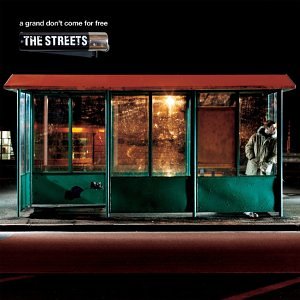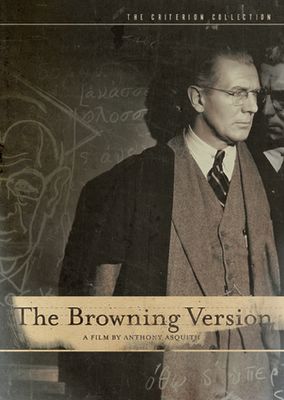Course Texts and Schedule of Readings: Following this schedule will keep you ahead of lecture. The ideal reading schedule is, as always, to have each text read in full before the first lecture upon it.
High Fidelity: Nick Hornby
— Course Weeks 1-2
Success: Martin Amis
— Course Weeks 3-4
Clockwork Orange: Anthony Burgess
— Course Weeks 5-6
Loneliness of the Long Distance Runner: Alan Sillitoe
— Course Weeks 7-8
Brighton Rock: Graham Greene
— Course Weeks 9-10
Stalky & Co.: Rudyard Kipling
Course Weeks 11-12
RecapitulationCourse Week 13
The two recommended texts for the course will be discussed throughout the term and should be read before and after the Mid-Term assignment.
See support material available on Library Reserve.
Nb:
There is a four percent per day late penalty for all assignments, documented medical or bereavement leave excepted. For medical exemptions, provide a letter on a Physican's letterhead which declares his or her medical judgement that illness or injury prevented work on the essay. The letter must cover the entire
period over which the assignment was scheduled and may be verified by telephone. For bereavement leave, simply provide, ex post facto
, a copy of the order of service or other published notice of remembrance.January 14
th:
Individual Presentation: due date for sign up.
January 28
th:
Group Polemical Project: proposal due in class. February 11
th:
Mid-Term Essay topics posted. February 25
th:
Mid-Term Essay due.
March 3
rd:
Group Polemical Project: peer review.March 17
th:
Final Essay draught thesis paragraph due in class.
April 7
th:
Group Polemical Project due in class.
April 9
th:
Final Essay due.
1.
Mid term paper, two thousand words: Criteria will include literary analysis, engagement with course themes and writing mechanics.
2.
Group polemical project: in collaboration with the Course Instructor, create a polemical blog relating the performative masculinity to course texts and current events. Seminar time will be set aside throughout the term to work with the Instructor on this project
3.
Individual class presentation: Lead seminar discussion for fifteen minutes on an aspect of the course text for that week dear to your interests. The format is open: present an over-arching idea or resonance, or a specific passage, pattern, or the like.
4.
Final Paper, three thousand words: your preferred topic incorporating two course primary texts and reference to support material: secondary texts, Library Reserved material, or independent research. A
creative option outside of these parameters is available for this assignment: follow the hotlink for the format of the proposal this option must take.
Course ApproachThe course is looking for a literary understanding of a collection of British fiction written after 1945. These books share a common theme: in the words of the course outline, "the mutual and open aggression between the British social establishment and young men of the lower-middle and working classes."
We begin with Rudyard Kipling's
Stalky & Co. which expresses a model of masculinity that had engrossing influence before 1945, and then read the subsequently-written works of fiction and consider how the texts engage and disengage the
Stalky model. We will be going backward in time, and seeing the
increase in the strength of the the model and the confidence of fictionalised men in their masculine characteristics.
It is hoped that students will engage the material critically, test the hypothesis fairly and present a detailed, reasoned and rigorously researched essay expressing their individual analysis and response to the course of study.
Course requirement weighting:
15% Course participation
10% Seminar presentation
20% Group e-Text project
20% Mid-term paper (approx. 2000 words)
35% Final Paper (approx. 3000 words or equivalent.)
Nb: “Participation requires both participation in seminar and attendance and punctuality at lecture and seminar."
Instructor Contact:
AQ 6094, 778-782-5820.
Expanded Office Hours: Monday two thirty to five thirty, Tuesday ten o'clock to noon, Wednesday two thirty to three o'clock, Thursday ten o'clock to noon. Bring your coffee and discuss course matters freely. E-mail to
ogden@sfu.ca Use your SFU account for e-mail contact.
Other e-Mail accounts are blocked by white-list.









 Via the indispensable
Via the indispensable 








